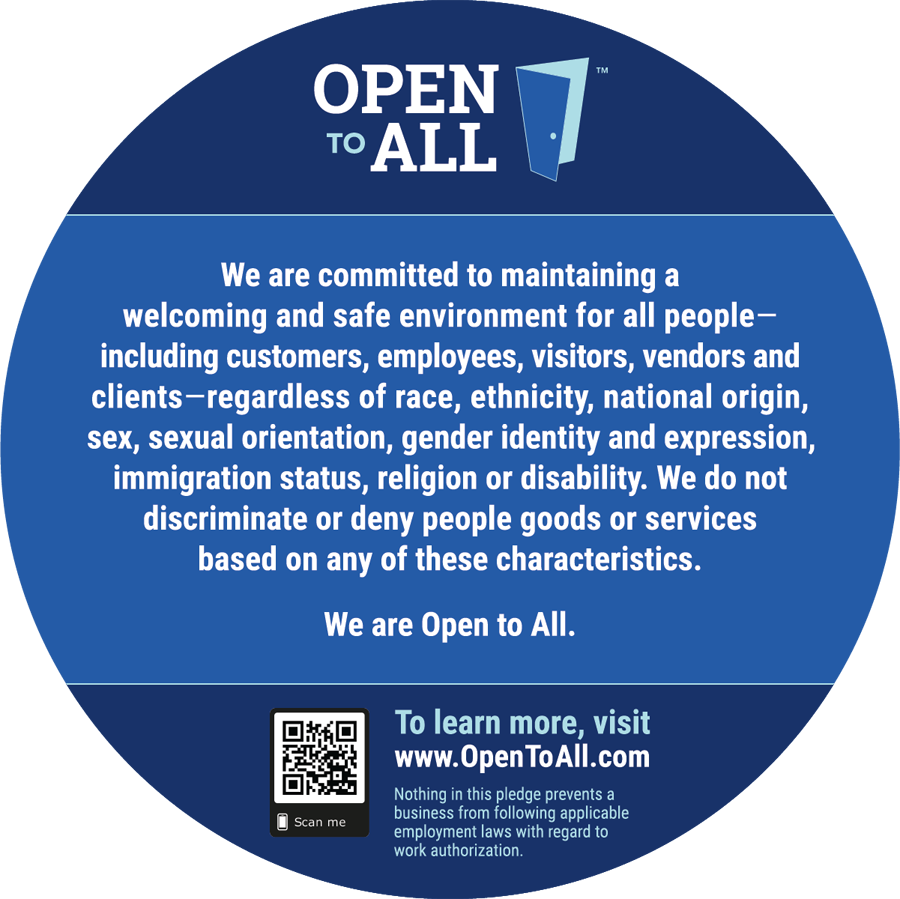shame
n. A painful feeling of humiliation or distress caused by the consciousness of wrong or foolish behavior.
v. To make someone feel ashamed.
In her TED talk Listening to Shame, vulnerability researcher Brené Brown exposes the truth about shame: we all feel it.
Shame gets in our way. It negatively impacts how we treat ourselves and how we treat others. So it’s time we learn how to fight it.
The cure? Empathy.
Brown argues that shame cannot be felt by those without a capacity for empathy. Therefore those who feel shame have the power to control it. “Empathy is the antidote to shame.” She says the most powerful words one person can say to another are, “Me too.”
More from her interview with Roman Krznaric:
But if shame is such a burden, what are we supposed to do about it? The answer is developing ‘shame resilience’, and it is empathy that is the ‘real antidote to shame’. What does she mean? ‘If we can share our story with someone who responds with empathy and understanding, shame can’t survive.’
So we can’t really get over shame without other people. We can’t keep shutting it out by keeping ourselves busy (or distracted). We can’t wish it away by denying our feelings. What we really need to do is seek connection with someone who is going to lend us an empathic ear, someone who is able to listen to us and endeavour to understand our fears, anxieties and uncertainties.
The implication, as I see it, is that our emotional health requires socially positioning ourselves within a community of empathy. This is not to say that every friend we have has to be an empathic genius. But rather we should be wary of being without empathic support. If you drew a map of your social support network, how many people could really offer you the gift of deep empathy?
Of course, the flip side is that if we want people to display empathy towards us, this is most likely to happen when we display our vulnerability to them. Without exposing ourselves, making that human connection we need to combat shame is nearly impossible.
[Ready for a vulnerability hangover? Five ideas from Brené Brown]
Related Posts:
- To Those Who Aim to Cause Pain April 15, 2013 | 9 comments
- Building Self-Awareness Through Another Person’s Eyes April 16, 2013 | 2 comments
- Connecting and Disconnecting June 10, 2013 | 17 comments
- Embodying Empathy May 9, 2013 | 3 comments
- Alan Alda falls victim to McAfee’s dreadful customer experience August 20, 2012 | 1 comments



Really spot-on post that couldn’t have come at a better time. Thanks, Whitney. :)
I love your writing, Whitney. Thanks for articulating these ideas. Parallels Relational Cultural Theory (e.g., Walker & Rosen), which I require my psychology students to read. It’s the real heart of things . . . Why we’re here.
Not entirely True because Empathy as an antidote to Shame only applies if you are the Victim. Does not apply if you are the Villain.
If you are the Villain then you need more shame not empathy…